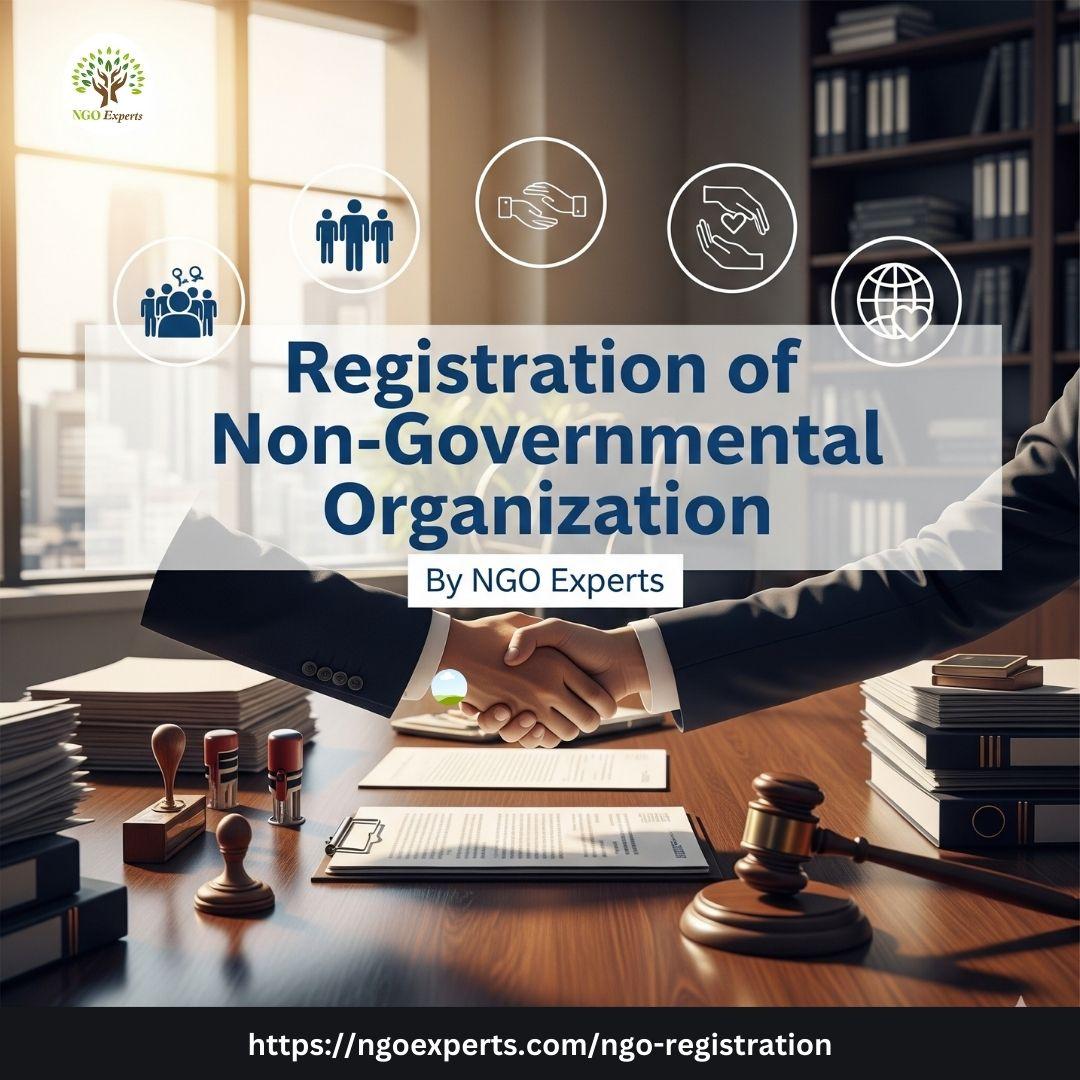Starting an NGO is one of the best ways to serve society. But before doing any work, the first and most important step is the registration of non governmental organization. Many people feel confused about the process. I have worked with NGOs for years, and I know that the right guidance makes the journey much easier. In this blog, I will explain the process in simple words and also talk about important certificates like the darpan registration certificate and the 80g certificate.
Why Registration Matters
When you start an NGO, you may think of beginning work right away. But registration gives your organization a legal identity. Without it, you cannot open a bank account in the NGO’s name, apply for grants, or even get government support. Registration also helps you build trust with donors and the community. People prefer to donate when they know that your NGO is legally registered.
Different Ways to Register
The registration of non governmental organization in India can happen in three main ways. You can register your NGO as a Trust, a Society, or a Section 8 Company. Each option has its own rules.
- Trust: A trust is created mainly for charitable or religious work. It is easy to form and requires fewer documents.
- Society: A society is for people who want to work together for a common cause. It is governed by the Societies Registration Act.
- Section 8 Company: This option is for people who want to run an NGO like a company but without profit motives. It is more structured and often gets higher credibility.
Choosing the right form depends on your goals, team size, and type of work.
Process of Registration
The steps may look tough, but once broken down, they are simple. For registration of non governmental organization, you generally need:
- At least two members to start.
- ID proofs and address proofs of members.
- A clear Memorandum of Association (MOA) that explains your vision, mission, and activities.
- Required government forms and fees.
After submitting these documents to the right authority, your NGO gets registered. The process time varies depending on the structure you choose.
Importance of Darpan Registration Certificate
Once your NGO is registered, the next step is to get the darpan registration certificate. This is a unique ID issued by the NITI Aayog. With this certificate, your NGO can apply for government schemes and grants. It also helps in getting CSR funding from companies. Without the Darpan ID, you may miss out on many opportunities for growth and support.
Benefits of 80G Certificate
Another important step after registration is applying for the 80g certificate. This certificate allows donors to claim tax deductions on the money they donate to your NGO. When people know their donations are tax-exempt, they feel encouraged to give more. This helps your NGO raise funds more easily. Along with 12A registration, the 80G certificate is one of the most powerful tools for financial sustainability.
Role of Expert Guidance
While the process may look simple on paper, in reality, it requires accuracy and knowledge of law. Even a small mistake in the application can lead to delays or rejections. This is where expert support comes in. At NGO Experts, I guide organizations through every step—from the registration of non governmental organization to applying for the darpan registration certificate and 80g certificate.
Conclusion
Starting an NGO is not just about good intentions. It is also about creating a strong foundation. By completing the registration of non governmental organization, and securing the darpan registration certificate and 80g certificate, you prepare your NGO for long-term impact. With the right legal support, you can focus on what truly matters—serving people and making a difference.



